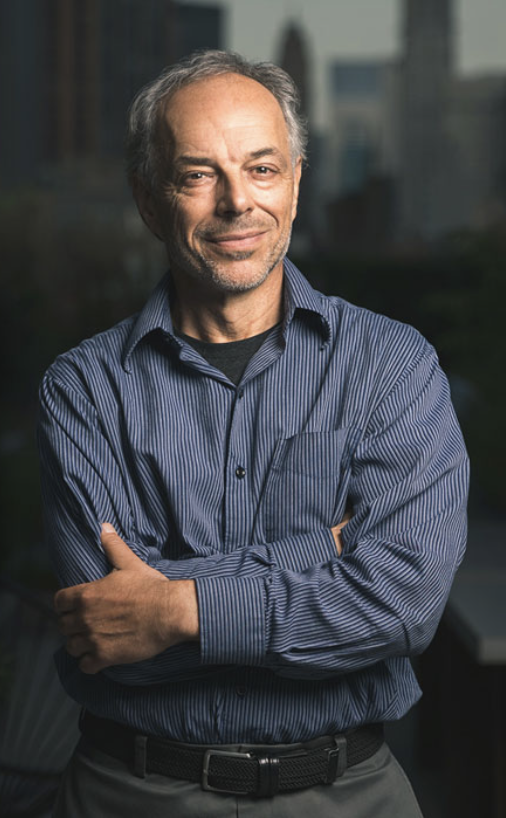Global Biodiversity Nonprofit Honors Carl Safina on November 19, 2021, in NYC
“Loss of habitat is an existential threat.”
Wild Tomorrow Fund, a nonprofit focused on reconnecting and restoring habitat for threatened wildlife in KwaZulu-Natal South Africa, located in one of the world’s 36 globally recognized biodiversity hotspots, will honor Carl Safina, world renowned author, conservationist and MacArthur genius at their Annual New York Gala on November 19, 2021, at 230 Fifth Empire Ballroom in New York City.
Tickets are still available at www.wildtomorrowfund.org.
Now in its fifth year, Wild Tomorrow Fund's 2021 Umvikeli Wildlife Protector Award, an international award that recognizes an individual or organization working tirelessly to protect wildlife and wild spaces, will recognize Carl Safina’s efforts personally, and through the work of The Safina Center, to connect people’s hearts to wildlife and make the connection so desperately needed to save life on earth.
Wild Tomorrow Fund is raising funds specifically for their wildlife corridor project, protecting and expanding habitat for critically endangered black rhinoceros, leopards, elephants and other lesser-known yet equally important species in KwaZulu-Natal South Africa.
“Carl’s words have helped us to articulate our own beliefs,” said John Steward, Executive Director of Wild Tomorrow Fund. “It enabled us at Wild Tomorrow to build empathy within our circles to connect individuals with the threatened species that we are protecting in South Africa. This emotional connection carries hearts across continents, moving supporters to take urgent action to save wildlife in wild places far away.”
Steward added that in Safina’s latest book Becoming Wild there are many connections between Safina’s work and Wild Tomorrow Fund’s. In the numbing statistics of the mass extinction of wildlife, there is still hope, Safina says in Becoming Wild. “When people want it to, saving species works. The animals just need room to live and to be left in peace to make their own choices,” writes Safina. “As long as there is life, there is hope.”
Upon hearing about this award, Safina shared with Wild Tomorrow Fund: “When you are a writer, you mostly work alone in a room, and then your products just go out in the world. It’s only through any recognition when people say “what you do means something to me” that it continues to be worthwhile to sit in that room by yourself. So, getting the recognition and getting the affirmation of this award really kind of means everything to me,” said Safina. “I am so humbled to be honored among people who are really doing what matters on the ground.”
Past recipients of the Wild Tomorrow Fund's Umvikeli Wildlife Protector Award include:
United States Senator Chris Coons (2017) who co-sponsored the END Wildlife Trafficking Act
Dr. Dave Cooper (2018), a world-respected South African wildlife veterinarian who is working on the front lines, saving as many lives as he can from the devastating impact of rhino poaching
Les Carlisle (2019), an esteemed conservationist who has spent his career tirelessly working to protect wild spaces including establishing our next-door neighbor, Phinda Private Game Reserve in South Africa.
Wild Tomorrow Fund is dedicated to the protection of threatened and endangered species and the habitats they depend on for survival. Wild Tomorrow Fund works on the ground in southern Africa with a vision for a world in which wildlife habitats are expanded and protected, and where existing reserves have the resources needed to keep their animals safe. www.wildtomorrowfund.org
The Safina Center is advancing the case for life on Earth by fusing scientific understanding, emotional connection, and a moral call to action. We create an original blend of science, art, and literature in the form of books and articles, scientific research, photography, films, sound-art, and spoken words. We bear first-hand witness and then we speak up, we speak out, and we teach. Our work is designed to inspire and engage people to devote your time and energies to conservation of wild things and wild places.


